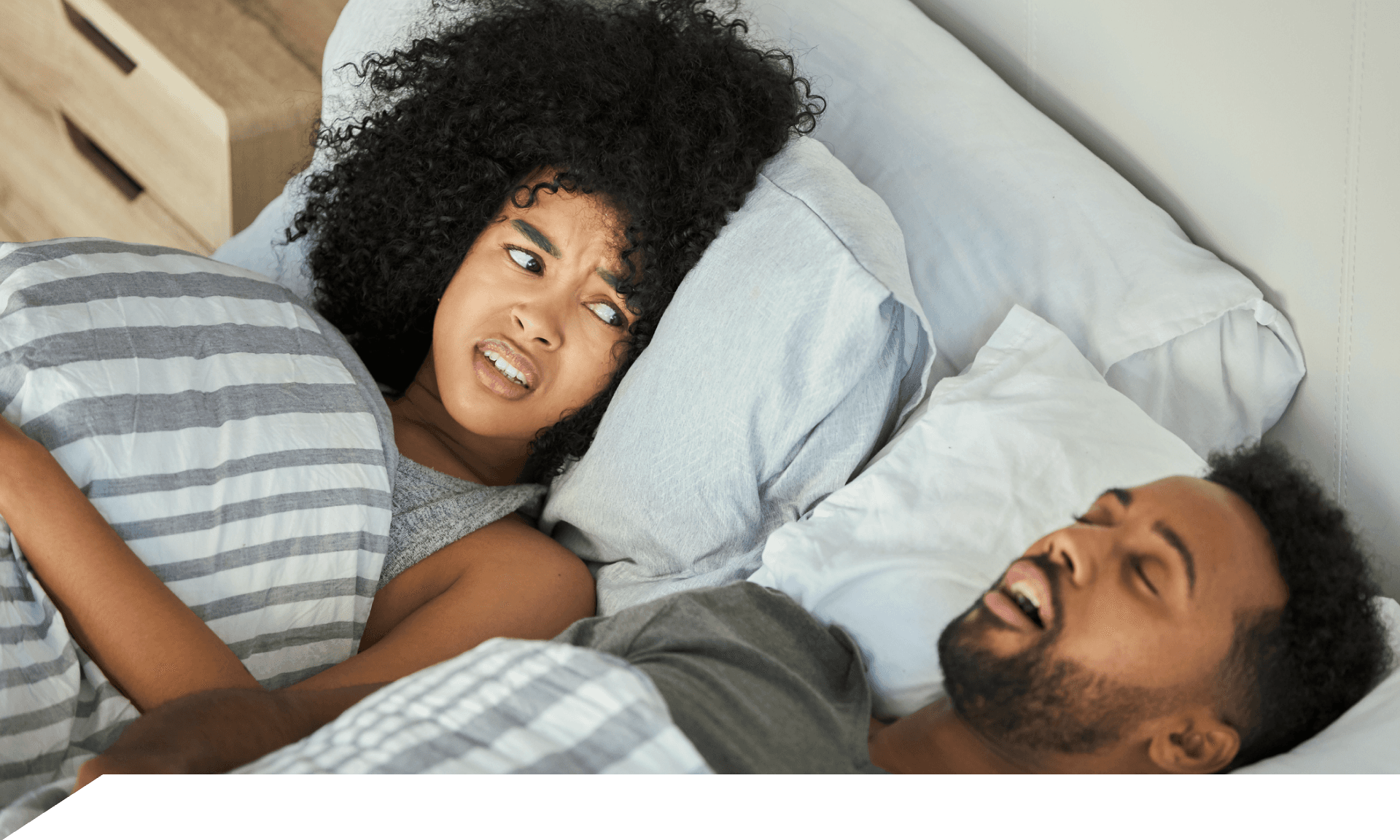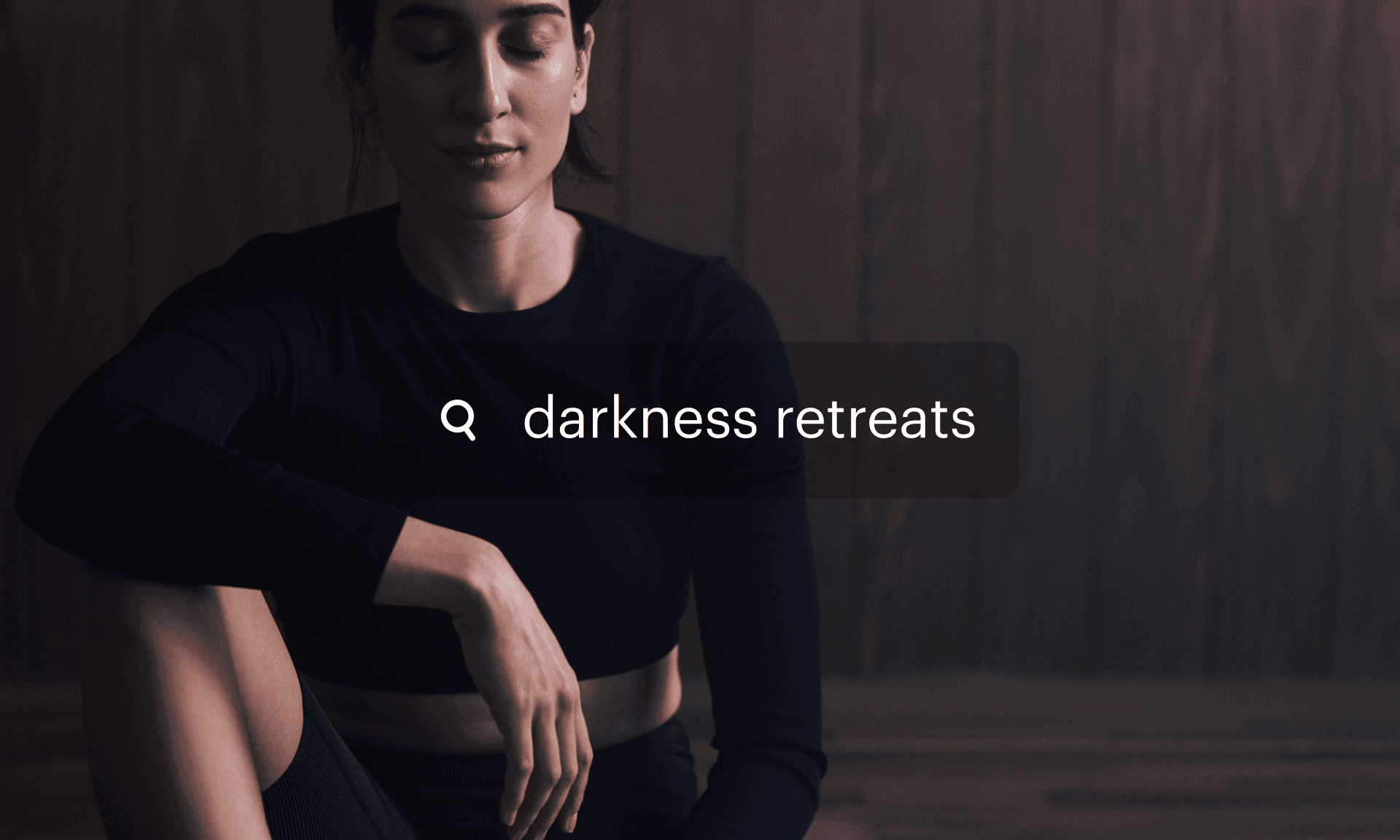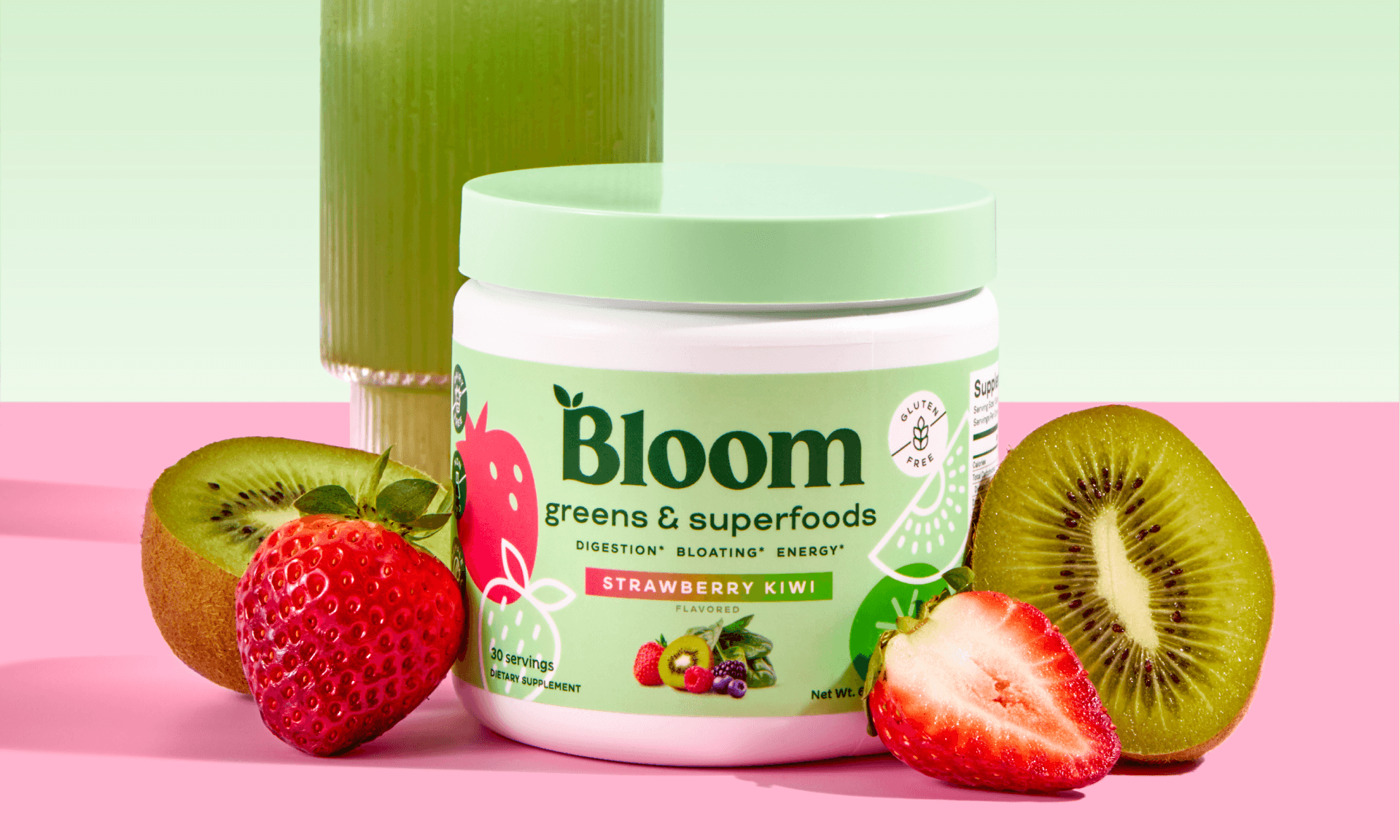we have to talk about…

The Rise Of Dermorexia
Many of us are waging an endless war for perfect skin — and the latest to join are girls barely old enough for pimples. Beauty reporter Jessica DeFino wonders if the widespread skincare obsession should be called "dermorexia" because the societal pressure to have ageless skin is affecting our health and well-being.
How did skincare get so complicated?
Women have cultivated skincare for centuries. But what they didn't have back then were many of the cultural influences we have today: Social media and the inescapability of GRWM videos, celebrity skincare companies, the branding of skincare as self-care, and the medicalization of skincare...to name a few.
There’s a “misconception that more is better,” says dermatologist Whitney Bowe, MD. She says layering too many products with harsh ingredients “isn’t fostering skin health, but rather, irritation and a compromised skin barrier.” As the skin barrier becomes damaged, it can’t retain moisture and block out irritants, which could lead to or worsen certain conditions.
The pressure to somehow achieve poreless skin isn’t doing our mental health any favors, either. “The more we're focusing on our skin, the more it's becoming a source of self-consciousness and self-hate, particularly for teen girls,” says DeFino. She points to a small study that shows there may be such a thing as a “substance-related disorder involving cosmetic procedures.”
Your move
No one’s judging you if putting on under-eye patches is the highlight of your day. But for many, the endless pursuit of youthful skin can be draining.
1. Remember that what works for one influencer might not work for you. So cater “your skincare regimen towards your actual skin needs,” says dermatologist Sophia Reid, MD. Work with a dermatologist if you’re not sure where to start.
2. Another reminder: No fancy product will prevent the inevitable. Talking about that reality, especially with young girls (or yourself), is one way to counteract the unrealistic expectations, says Reid.
Read more about the problem with our skincare obsession.
ask an expert

We asked you to vote on a question you’d like answered. The winner was:
My partner snores. How can I sleep better?
FEATURED EXPERT:

Lynelle Schneeberg, PsyD
A sleep psychologist, assistant professor at the Yale School of Medicine, and director of the behavioral sleep program at Connecticut Children’s Medical Center.
“[You] could wear a headband [with] noise-canceling headphones. You can set up any sort of competing sound that you like — ocean waves, rain showers, [or] music. A whole lot of people sleep apart, so they have a place where one partner can go when the snoring is particularly bad.
“Most people snore when they're on their back. There are things you can purchase for your partner that keep them off their back, like a sleep belt. You can [also] purchase a foam wedge pillow. If your [head is] over 30 degrees, you either don't snore at all, or you snore much less.”
This interview has been edited and condensed for clarity. You can read the full story here.
well, well, well...
Catch up on the latest health news, tips, and trends.
COVID can't take a hint and is spreading yet again. Meanwhile, at-home tests are taking their time to show results. Love that for us.
The FDA is making it easier to access cheaper drugs from Canada. But some experts are not aboot, er, about the changes.
When you combine rising syphilis cases with limited prenatal care, Indigenous mothers and babies suffer.
Med spas have become a popular place to get rid of wrinkles, but some people leave with more serious health issues.
Apparently, there’s a formula for the perfect weekend — and it may give your brain a break. Who do we talk to about adding binge-watching to the list?
Forward this to a friend. Click here.
well, actually

We’re here to fact-check health trends, wellness assumptions, and myths. Such as:
The health benefits of darkness retreats
Well, actually, the research is limited, but anecdotal evidence is strong.
The goal of spending hours — even days — in darkness, with little to no stimulation, is “to have detachment from your everyday life,” says licensed psychologist Michelle Leno. The mental health benefits haven’t been studied extensively, but she says it’s worth considering the anecdotal evidence. “The people who experience its benefits talk about feeling ‘detoxed,’” she says. Some experts claim that removing sensory distractions can lead to improved focus, better mood, less stress, and reduced anxiety.
But it’s not always an easy journey. One writer who tried it experienced boredom, anxiety, and emotions so uncomfortable it brought her to tears — all within a matter of hours. Others have reported hallucinations. If you’re interested in trying a darkness retreat, run it by your health care provider first.
trust your gut
Fatigue. Bloating. Constipation. Low energy levels. These are just a few signs that your gut miiight need a little extra TLC. Here are a few tips to help: hydrate regularly, cut back on highly processed foods, and work Bloom’s viral greens into your daily routine. They’re made with 30+ fruits, veggies, prebiotics, probiotics, and antioxidants to support your gut, promote energy, and help you feel your very best in 2024. No wonder over 3 million women are obsessed. Plus, Skimm’rs get an exclusive 15% off. Boo to the ya.
quote of the week

“Worrier/warrior gene”
— The genetic component that may help determine if you’re a chronic worrier. Thanks, mom and dad.
Photos by iStock, Suzanne Sheridan
Design by theSkimm
This content is for informational and educational purposes only. It does not constitute a medical opinion, medical advice, or diagnosis or treatment of any particular condition. Always seek the advice of your physician, mental-health professional, or other qualified health provider with any questions you may have regarding a medical condition. Products you buy through our links may earn us a commission.
*PS: This is a sponsored post.
Live Smarter
Sign up for the Daily Skimm email newsletter. Delivered to your inbox every morning and prepares you for your day in minutes.
